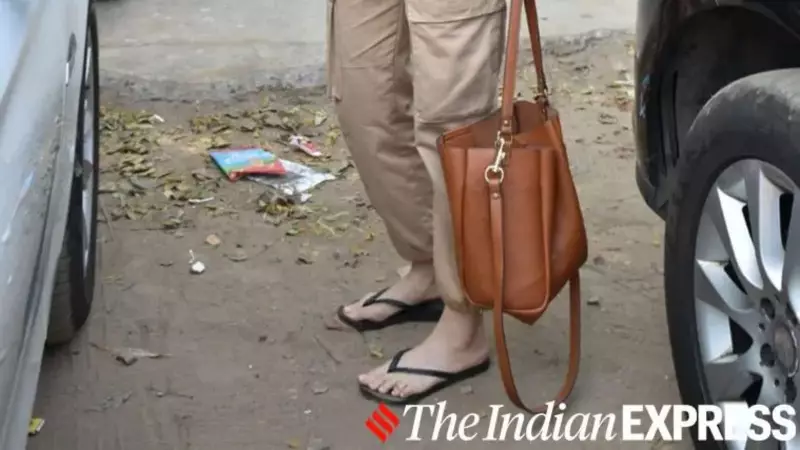
Walk through any Indian market, office complex, or public space, and you'll witness a unique cultural signature—the omnipresent 'just-in-case' tote. These bags, often bulging with carefully curated contents, represent more than mere accessories; they're portable security blankets that reveal profound truths about the Indian mindset.
The Anatomy of an Indian Emergency Kit
What exactly fills these magical bags that accompany millions of Indians through their daily lives? The inventory typically includes:
- Medical essentials: Basic medications, band-aids, and sometimes prescription drugs
- Repair toolkit: Safety pins, needles, thread, and small sewing kits
- Documentation: Important papers, identification copies, and emergency contacts
- Personal care: Sanitizer, tissues, and small toiletries
- Nutrition backups: Snacks, biscuits, or glucose packets
- Financial reserves: Emergency cash tucked away in hidden compartments
Beyond Practicality: The Psychological Comfort
This phenomenon transcends mere practicality. The 'just-in-case' bag serves as a psychological anchor in a country where unpredictability is the only certainty. From sudden power outages to unexpected monsoons, from transportation strikes to last-minute invitations—Indians have learned that preparedness isn't just wise, it's essential.
The bag represents a deeply ingrained cultural wisdom passed through generations. It's the modern manifestation of our grandmothers' insistence on carrying an extra safety pin or our mothers' habit of never leaving home without basic medications.
A Mirror to Collective Consciousness
These totes reflect broader societal patterns—the Indian ability to anticipate needs, the value placed on resourcefulness, and the cultural emphasis on being equipped for any scenario. In a nation of over 1.4 billion people where individual solutions often compensate for systemic gaps, the 'just-in-case' bag becomes both practical tool and philosophical statement.
Interestingly, this habit cuts across socioeconomic boundaries. Whether it's the executive with her designer bag containing emergency supplies or the student with a backpack filled with contingencies, the preparedness mindset unites diverse Indians.
The Unspoken Social Contract
These bags also facilitate a silent social network. The person with the safety pin becomes a hero in a wardrobe malfunction emergency. The one carrying painkillers becomes a savior during sudden headaches. The individual with extra snacks becomes the office favorite during extended meetings. In this way, the 'just-in-case' culture fosters community support and interdependence.
As digital nomadism grows and minimalism becomes trendy, one might expect this habit to fade. Yet, it persists and evolves—now including power banks, charging cables, and portable Wi-Fi devices alongside traditional items.
The Indian 'just-in-case' tote is more than a bag—it's a mobile representation of resilience, foresight, and the quiet confidence that comes from being prepared for whatever life might bring. In its carefully organized compartments lies not just emergency supplies, but a profound understanding of life's uncertainties and the determination to face them with equanimity.





